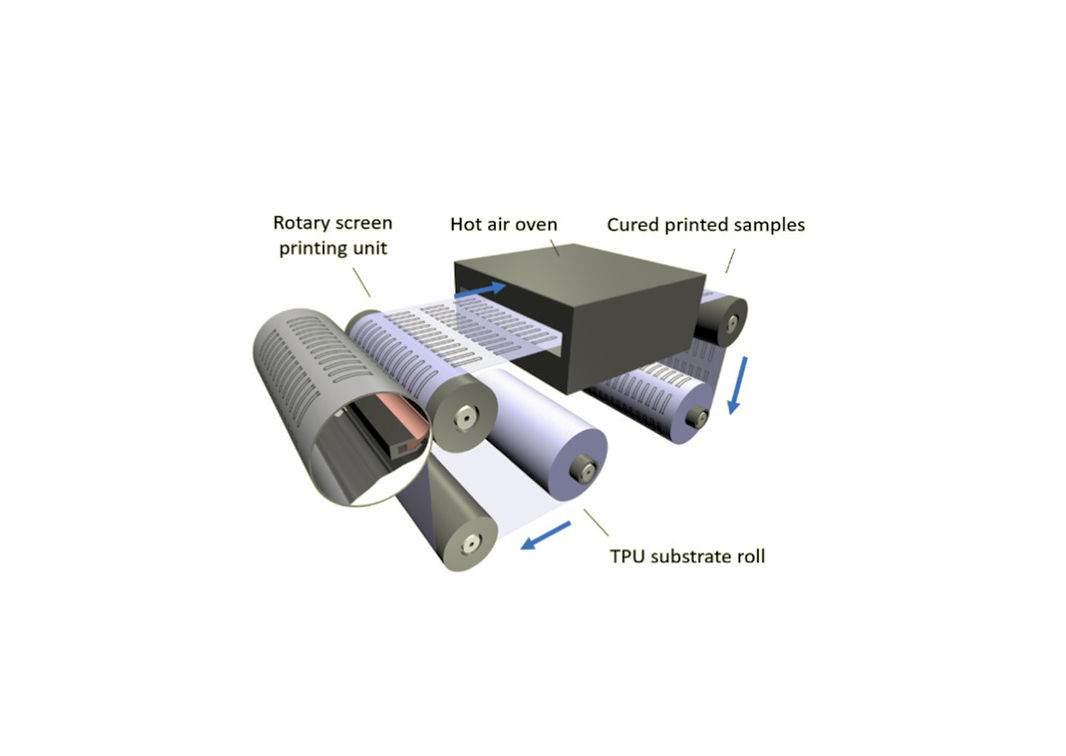Accelerating progress in printed electronics technology transforms the future of the manufacturing process in industrial applications, consumer electronics, and healthcare products. However, real-life applications demand for circuits and systems that are robust and can stay functional under strong and frequent mechanical deformations. Herein, both empirical and analytical approaches to gain insight on the reliability of ultrathin bare dies on soft and highly stretchable printed circuits are used. To this end, a set of conductive ink and adhesive variants are used to develop a stretchable wireless temperature logger as the test device. The electromechanical performance of the conductive inks is first verified through the screening tests and the most suitable candidates are selected to use with different anisotropic conductive adhesives (ACAs) for chip bonding process. The performance of the test devices (per ink–adhesive combination) is tested through cyclic elongation of 60 samples to provide statistical results. Different failure modes are visualized through cross-sectional images using broad ion beam (BIB) milling and scanning electron microscopy (SEM). The findings, herein, recognize pad delamination, air voids at the chip-to-substrate interface, stiffness of the conductive adhesives, and bonding parameters (pressure and temperature) as the key contributors to the contact failures in the chip assembly.

